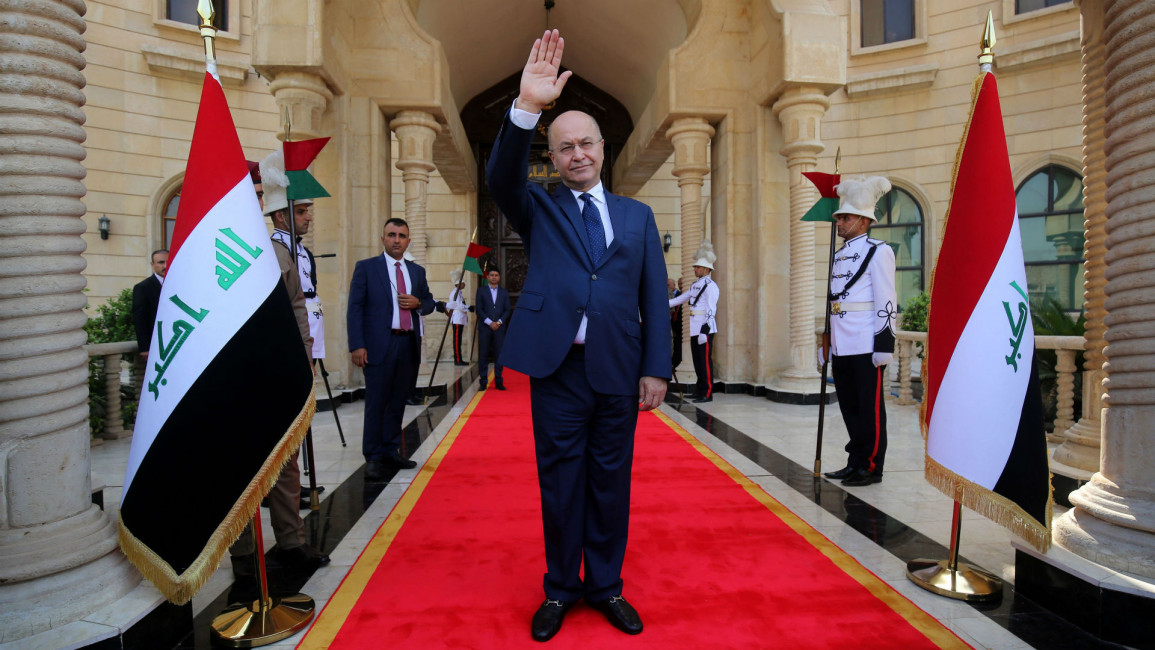UN chief hopes for 'swift' formation of Iraqi government
United Nations Secretary-General Antonio Guterres said he hopes for the "swift" formation of an "inclusive" Iraqi government following the election of the country's president.
"The secretary-general hopes the election of the president will pave the way to the swift formation of an inclusive government in line with constitutional timelines," Guterres said in a statement on Wednesday that also congratulated Barham Salih on his election as the Iraq's new president.
Salih tasked Adel Abdel Mahdi - who is seen as an independent - with forming the next Iraqi government late on Tuesday, only hours after being elected.
The prime minister designate faces an uphill task of bridging differences among sharply-divided Iraqi political parties.
The largest bloc traditionally appoints the prime minister and presides over the formation of the next government, but the exact contours of a new governing coalition are yet to be drawn.
Outgoing prime minister Haider al-Abadi threw in the towel last month after weeks of deadly protests sparked by anger at the poor services in Iraq's south cost his fragile alliance the support of populist Shia cleric Muqtada al-Sadr.
Moderate Kurdish candidate Barham Saleh swept to the post of president of Iraq on Tuesday evening in a parliamentary vote pitting Kurdish heavyweights against each other for the first time.
Saleh routed his main rival Fuad Hussein with 219 votes to 22, dealing a blow to Hussein's main backer, former Kurdish regional president Massud Barzani who was the architect of an ill-fated 2017 independence referendum.
Saleh immediately named Adel Abdul Mahdi prime minister-designate, ending months of deadlock after an inconclusive national election in May.
Mahdi becomes the first elected prime minister in post-Saddam Iraq not to hail from the Shia Islamist Dawa party.
He was nominated by two rival blocs, one led by Shia cleric Muqtada al-Sad and outgoing Prime Minister Haider al-Abadi.
The other is led by Iran-backed militia leader Hadi al-Amiri and former premier Nuri al-Maliki.
Mahdi now has 30 days to form a cabinet and present it to parliament for approval.
Tuesday's poll follows a weekend parliamentary election in the Kurdish autonomous region, mired in economic crisis and still in shock from the fallout of the September 2017 plebiscite which sparked a punishing response from Baghdad.
Agencies contributed to this report.
Follow us on Twitter: @The_NewArab



